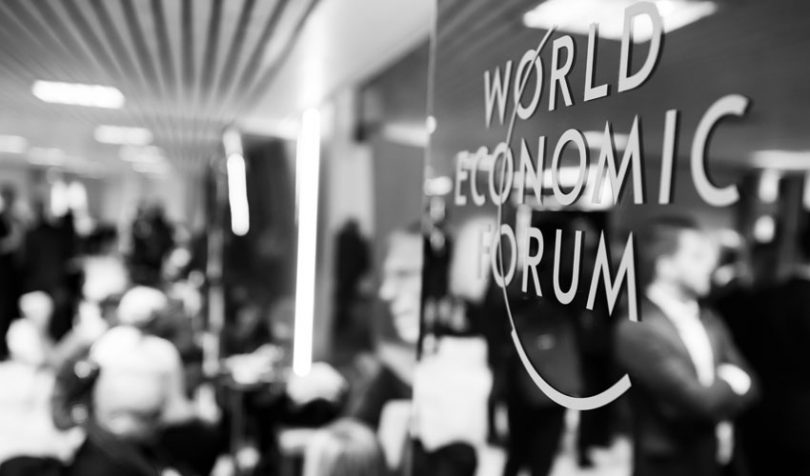The World Economic Forum (WEF) has
announced the creation of six ‘Global Fourth Industrial Revolution Councils’. The ‘Fourth Industrial Revolution’ is the label given for the host of revolutionary technologies that are currently in development.
Each council will focus on one particularly pressing technology with academics and experts from public and private sectors making up the council members. Indeed, the WEF already has some big names like Uber, Qualcomm and Microsoft on board.
The chosen technologies are artificial intelligence, autonomous mobility, blockchain, drones, internet of things and precision medicine.
Article continues …
Want the full story? Pro subscribers get complete articles, exclusive industry analysis, and early access to legislative updates that keep you ahead of the competition. Join the professionals who are choosing deeper insights over surface level news.







